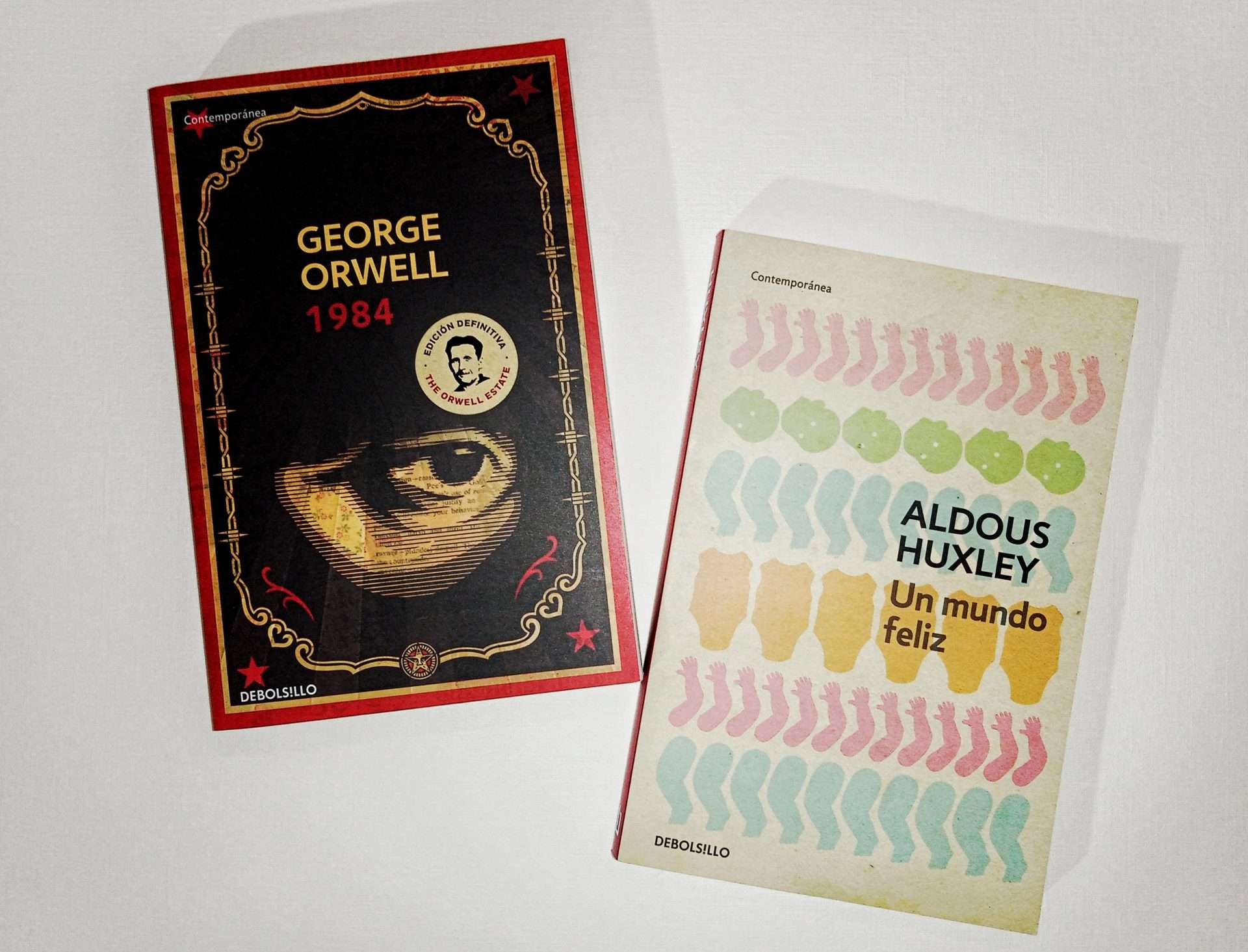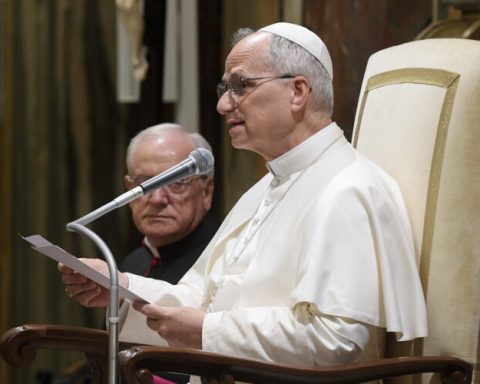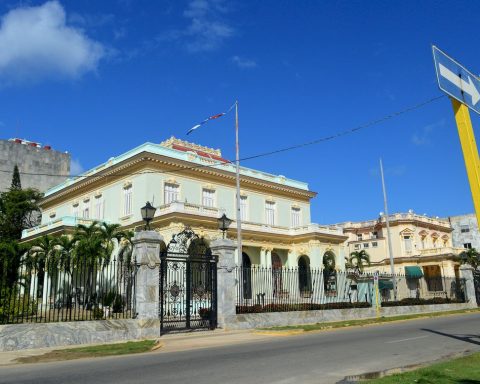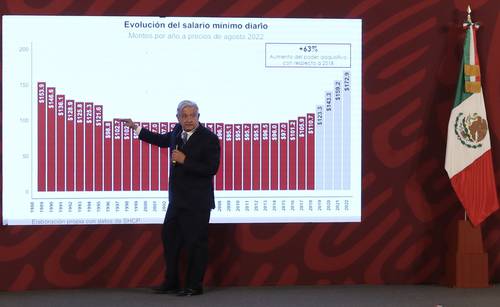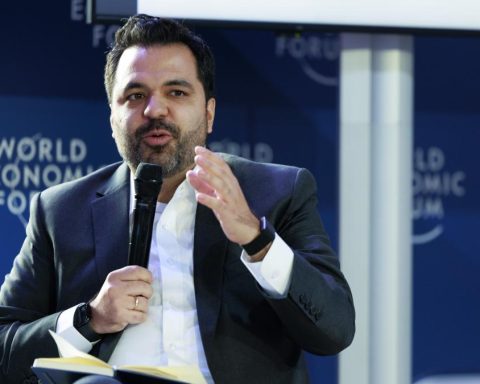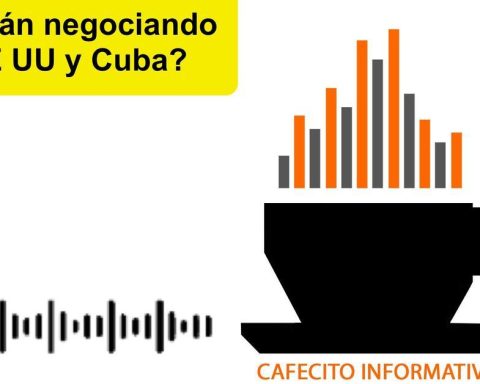In the past week I told them of two titles belonging to the “dystopia” genre: The story of the maid by Margaret Atwood and Fahrenheit 451, by Ray Bradbury, authors who, along with George Orwell and Aldous Huxley, are considered the fathers of the dystopian genre; then, it is more than timely to bring you other essential titles of this genre, cultivated only by true prophets and visionaries of the literary universe.
The two titles that I bring today are related in terms of the theme they address: the domination of the masses. Each author proposes different ways of understanding this phenomenon, and the creepy thing is that there are currently examples that resemble these undesirable realities. Do you want to know more? So let’s read:
A happy worldby Aldous Huxley
Aldous was a British family writer and philosopher with an intellectual tradition, which encompassed variations of literature: novel, essay, short story, poetry, travel books and the film script.
A happy world It is one of the great classics of 20th century literature. It was written in 1932, inspired by the society of its time and the great advances that were beginning to affect everyone’s lives and led to imagine a more technological future. Huxley created a visionary novel that flirts with the utopian to deliver the dystopian.
For the title, Aldous drank from the words of Miranda, in Act V of The Tempest William Shakespeare: “Oh how wonderful! How many beautiful creatures are here! How beautiful is humanity! Oh happy world, in which people like that live.”
And it is that in the world that the author proposes, everyone seems happy, everything seems perfect. It is a future society that uses cloning and genetic advances to control individuals and bring them to a convenient level of balance. They are all artificially created. Right from the start, this society is presented to us as follows:
“A gray, squat building with only thirty-four floors. Above the
main entrance the words: Central London Hatchery and Conditioning Centre, and, on a shield, the World State motto:
Community, Identity, Stability.”
In that brave new world the population is divided as follows:
-Alpha: the elite of the “intelligent”.
-Betas: executives.
-Gammas: junior employees.
-Deltas and Epsilons: the least sophisticated, intended for hard work and labor.
And, although they are like a separate race, we have Los Salvajes: people like you and me who feel pain, anger, in short, emotions that we express in a particular way according to our personality, which separates us from that happy world, which it is nothing more than a dictatorship so perfect that it does not look like one.
In this dictatorship everyone believes that they live in a democracy, although they do not participate in anything, nobody wants to “not belong”, and the condition of slaves of the system is disguised by excessive consumption, sexual freedoms, modes of entertainment and a deceptive fullness to which is added to the fact that nobody gets sick, they are always in a good mood, there is a lot of technological progress, there is no war and there are no poor people.
On the other hand, social control is ironclad, the State is governed by scientists who have suppressed expressiveness in almost all its forms, that is, what makes us most human is no longer there, it is prohibited: family, religion, art, philosophy, literature. Everyone drinks a chemical that controls emotions and changes the level of individual and collective consciousness; society is planned according to genetics, and this is supported through hypnopedia, that is, teaching during sleep, which instills slogans and educates through indoctrination: “All conditioning tends to this: to make people love their inevitable social destiny (…) This is the secret of happiness and virtue: to love what one has to do…”
It is impossible to ignore the game that the author establishes with the names of his protagonists; Lenina Crowne and Bernard Marx, who allude to Lenin and Marx, icons of socialist and materialist indoctrination. The founder of that world is called Henry Ford, yes, like the car brand, and a letter T replaces the Christian cross, just like Ford’s Model T, furthermore, Fordism has been a kind of doctrine that should be practice everyone in that society.
The plot puts Lenina, a perfect citizen, to interact with Bernard, a rather maladjusted guy, who, due to his expressions of nonconformity, gets into trouble with his boss, and still obtains permission to visit the Wild Reserve —where someone like me would live. , for example, for saying things as they are and for not playing the smiling robot—. On his trip, he takes Lenina and there they meet John the Savage, a contraceptive method error, to top it all off, the son of Bernard’s boss himself —everyone messes up at some point, right? As a modern Tarzan, John is taken to the civilized world and thanks to the conflicts of this character and those of Bernard, it is that the author can present us with his moral and ethical proposals:
“- Do you not want to be free, Lenina?
-I don’t know what you mean. I am free. I’m free to have as much fun as I want. Today everyone is happy. Bernard laughed.
-Yes, “today everyone is happy”. That is what we already tell children at the age of five. But wouldn’t you like to have the freedom to be happy… in another way? In your own way, for example; Not everyone’s way.”
We are facing an existentialist novel that puts on the table the question that all humanists and pacifists have asked themselves: is a perfect world possible, without war and without poverty? But to achieve that, shouldn’t human nature, which is so prone to selfishness and abuse of power, then have to be eradicated or reprogrammed?
Being narrated in the third person by an omniscient narrator, the reader can access the different thoughts and ideas of the characters: John the Savage, “loose end” who provokes the questioning of such a “utopia”, and a key character to prove the thesis of the author; Lenina Crowne; Bernard Marx, Mustafa Mond among others.
In 1958 Aldous Huxley wrote a book entitled New visit to a happy world to explain the root of his famous novel, today a “cult” work, a reference to other great works of literature, film and music, since his imprint inspired musicians, writers and filmmakers, due to the quotes, speeches and elements of speculative science fiction. An unmissable book that can have several readings depending on the time of life in which it is read.
1984by George Orwell
Published in 1949, only 17 years after A happy world, its titled 1984 because the author decided to invert the numbers of the year in which he finished writing it: 1948, perhaps, also as a warning of how close society was at that time to reaching a state of massive control, like the one proposed by Orwell in his work.
It is one of the most disturbing dystopian novels of the 20th century, since its thesis seems very possible, and even, at times, in some respects, alive in some societies.
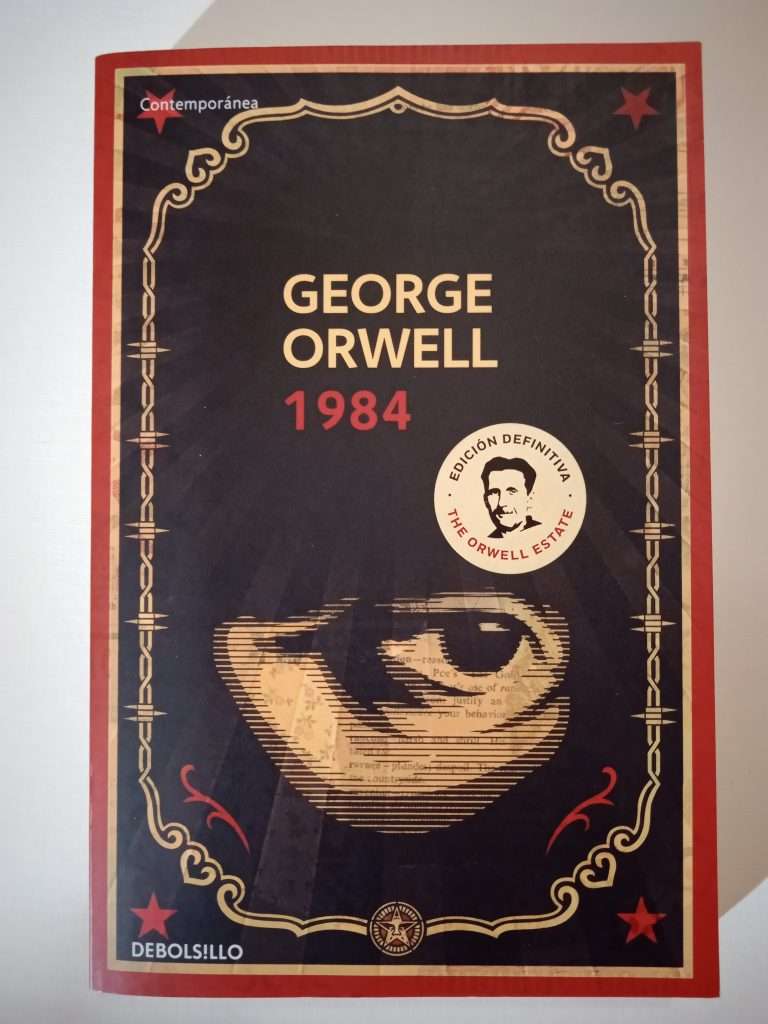
Some time ago I was asked: what is 1984? And my answer was: basically it is a dystopia against totalitarianism; Winston Smith, the protagonist, lives in the London of 1984, in the Superstate of Oceania, —which in the years in which the novel was written meant a future almost forty years later—, and this London is ruled by a totalitarian system that controls each of the movements of its citizens and imposes severe punishments on those who disobey the laws and even commit crimes in thought. “The Big Brother” is the great dictator and vigilante of the only existing party. Due to this lack of freedom, which is palpable from the first chapter, a dissident brotherhood of doublethinkers is created, led by a certain O’Brien, who does not offer the supposed solution either; there are too many informers, too many betrayals, so the final rebellion seems more and more impossible…
The novel, which is also considered a work of science fiction, predicted the appearance of electronic devices capable of spying on the population, something we see today; in fact, the famous program Big Brotherwas inspired by “Big Brother” 1984 to take his name, since this character is like omnipresent, he appears in all the propaganda, publicity and is the great vigilante and dictator of the rules, ideas with which the famous reality shows
In 1984 historical memory, that which is so important for the people, in order not to repeat mistakes, to know its roots and essence, is completely manipulated by the miniver either Ministry of Truth, that changes history and the present, depending on how circumstances change, always at your convenience. For his “Big Brother”, Orwell was inspired by great totalitarian leaders such as Stalin and Hitler, and considering that he was a real-life supporter of Leon Trotsky, it becomes clear that it is Stalin he is aiming for the most, making his character Emmanuel Goldstein his own Trotsky.
The way in which Orwell describes totalitarianism in the novel is shocking, but it is even more shocking to find its parallels in some governments. At work we have things like The two minutes of hate a screen space to broadcast information about the enemies of the system and display their anger towards them, a sharp strategy that seeks indoctrination and the spread of hatred, despite the fact that in that society the masses are already forced to think in a different way. and threatened in case of thinking of another.
The novel corners its characters, who are always surrounded by “Big Brother”, and dominated by the different ministries that govern: the Ministry of Truth, which is dedicated to news, entertainment, education and ” fine arts”. The Ministry of Peace, for matters of war. The Ministry of Love, in charge of maintaining law and order. And the Ministry of Abundance, to which economic matters correspond, all these euphemisms are ironic once inside the story.
Winston, the protagonist, unable to express himself, decides to keep a diary, then begins a clandestine relationship with Julia, since according to the Party, affective ties between citizens are not allowed. Among so much secrecy, where will Winston’s life end? What does George Orwell want to tell us? The end can be shocking…I say no more.
Narrated in a simple way, although at times it can be tedious for the reader who is not looking for explanations of the political system that is the protagonist of the story, the work does engage due to the police novel format that it uses to take us from chapter to chapter. The influence of the world wars and the media events of their time is notable: advertising and propaganda were beginning to gain strength and totalitarianism had already known the realization in various parts of Europe, it was time to warn the developed countries, from the so-called “first world”, why not, to the rest of the planet.
It is an unmissable work, not for pleasure a great classic of literature. Huxley, with A happy world, saw that the masses could be controlled by consumerism, the chemical compounds of supposed hedonism and the idea of constant pleasure as a trap for supreme submission; and that Orwell saw this as possible only through coercive total control, through tight surveillance and severe punishment of opponents, with relentless propaganda and indoctrination. Today’s reality tells us that both forms are possible, that both forms are practiced, that, unfortunately, both forms continue to develop, and who knows? Tomorrow some other author may become classic for his dystopian forecast of future reality.
It only remains for me to invite you to insist on being more human, freer and more yourselves within the demographic spaces in which brands, companies and electoral colleges want to put us. But for that you need culture, and to build it you need to read, and a lot, I’m not saying it, Martí said it more than a century ago.
We read next week.
